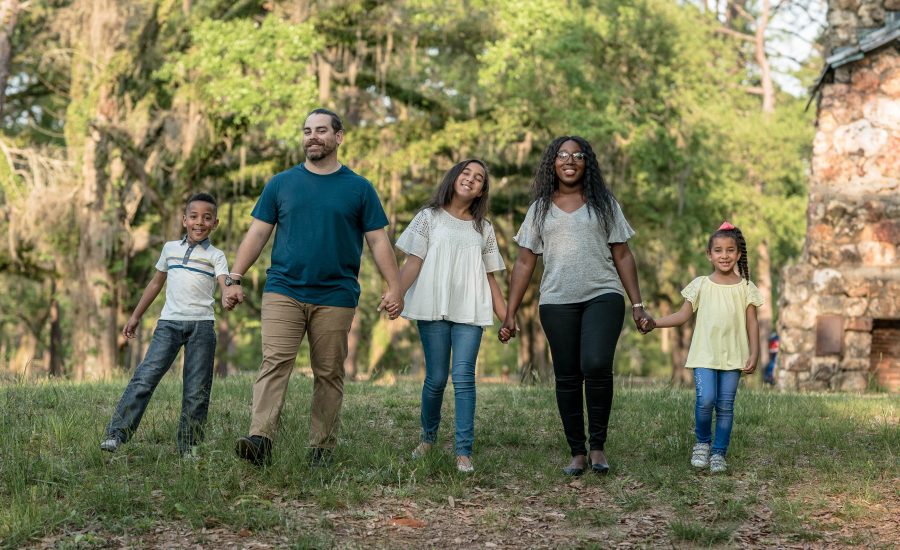Estate planning: What you need to know
From wills to insurance to probate: it's all about protecting your assets and the ones you love.
Advertisement
From wills to insurance to probate: it's all about protecting your assets and the ones you love.

Share this article Share on Facebook Share on Twitter Share on Linkedin Share on Reddit Share on Email